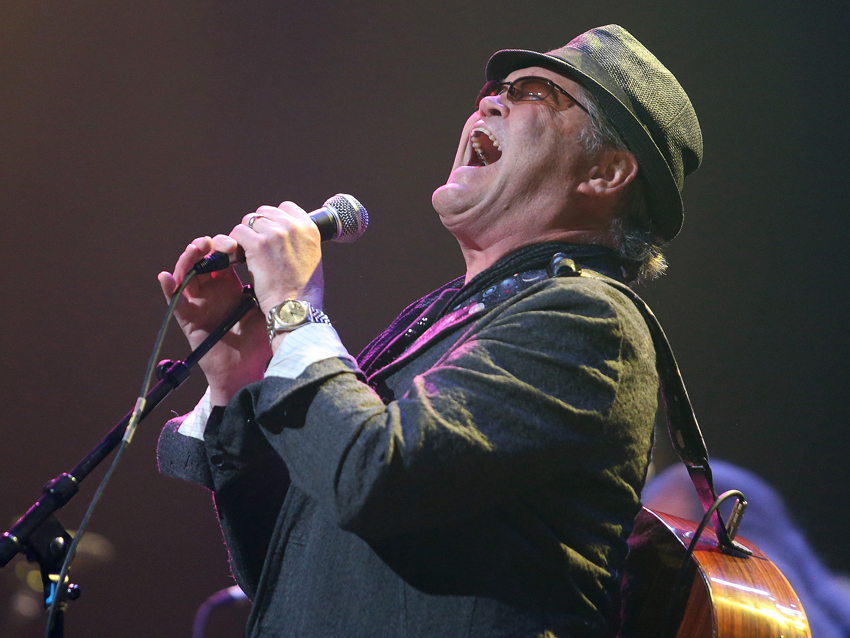
Micky Dolenz: the 10 records that changed my life
During The Monkees' brief recording career, a period that lasted from 1966 to 1970, the band produced an astonishing amount of material and racked up an impressive array of chart smashes. Last Train To Clarksville, I'm A Believer, Daydream Believer, Pleasant Valley Sunday, (I'm Not Your) Steppin' Stone – the hits came at a furious pace and helped to make The Monkees 1967's top group, outselling The Beatles and The Rolling Stones combined.
“I was given incredible material to sing," says Micky Dolenz, who served as the group's lead singer and drummer. "We had songs by Boyce & Hart, Carole King and Gerry Goffin, Neil Sedaka, Harry Nilsson, Neil Diamond – some writers were fairly established and others were up and comers. Unbelievable material that I'm very happy to go out and sing today.
“It’s an amazing feeling to know that you’ve had an impact on people’s lives," he continues. "I always say about the concerts that we do that it feels like everybody is throwing me a birthday party every night. I get as much out of it as the audience does. But something occurred to me a while ago, years after we made the records, and it’s the realization that these songs don’t belong to me – they belong to the fans."
When the Monkees hit the airwaves in 1966, the concept of the album as a legitimate art form was starting to take hold. "That was an interesting time," Dolenz recalls. "Singles were more or less an end unto themselves, and then they became kind of promotional tools for albums. I don’t think it was until the advent of the singer-songwriter that albums began to take on a wholly vital role for putting your music across. Once The Beatles did Sgt. Pepper, the concept album thing became the rage."
Sgt. Pepper figures in Dolenz's picks for 10 "life-changing" records – and as the singer notes, he was actually present at a couple of sessions for the tracking of the iconic disc. "You knew right away The Beatles were doing something significant," he says. "It was just magical. A lot of music is like that for me, but on the other hand, some songs or albums take a while – they creep up on me, and over time I realize, ‘Wow, that’s really stayed with me.’ Both experiences are equally important.”
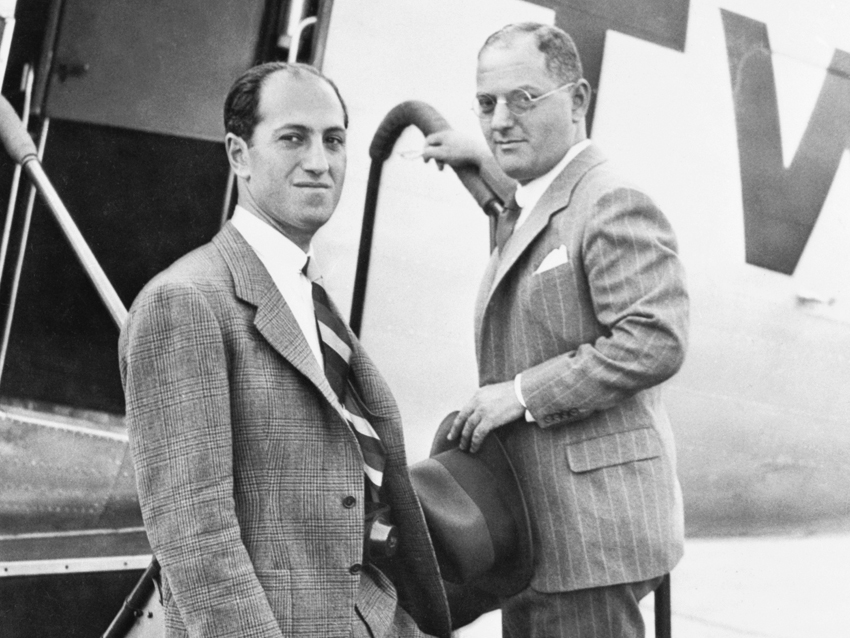
But Not For Me
“My parents were both in the business, so I was exposed to a lot of music at a very young age. My mother would go around the house singing songs, and there was one that really stuck with me. For years I didn’t know the name of it. Later on, I asked her, ‘Mom, what was that song you sang about the Russian clouds?’ She was like, ‘What?’ As it turned out, the song was But Not For Me.
[Sings] “’They’re writing songs of love, but not for me/ I’ve found more clouds of gray than any Russian play – can guarantee.’ As a kid, I just thought it had something to do with Russian clouds. It’s always stayed with me, obviously, because of my mother. One day I’m going to record it.”
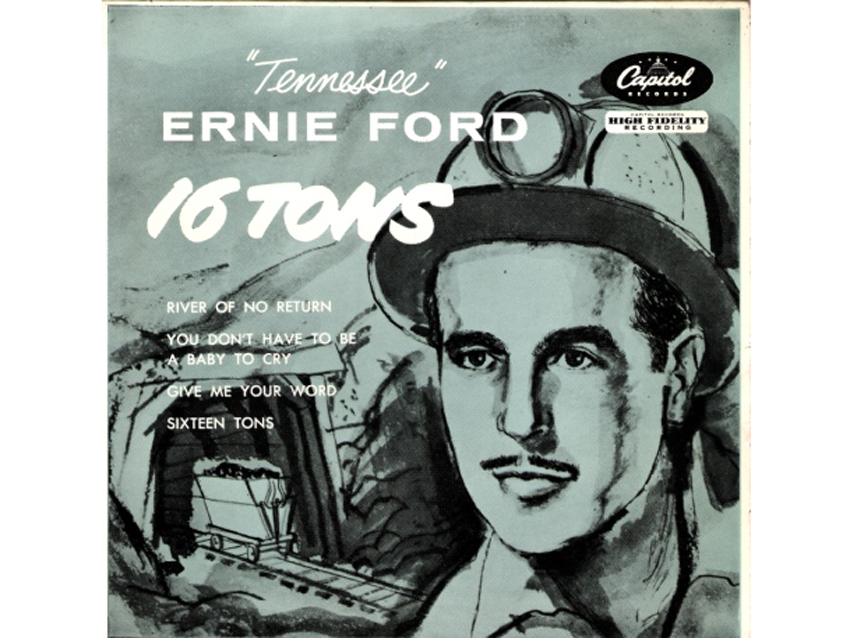
Tennessee Ernie Ford - 16 Tons (1955)
“My sister and I are four years apart in age. She’s a great singer to this day. We started getting into music around the same time. We’d found some records that my mother had lying around, and one record that we just wore out was 16 Tons by Tennessee Ernie Ford. I don’t know why, but it just grabbed us. You know how it is – those first few records that make up your earliest exposure to music can be the strongest.
“It also became one of the fist songs that I learned to play on the guitar, years later. I began playing classical guitar and then moved to folk. I discovered that the girls at parties didn’t want to hear Segovia; they wanted the Kingston Trio and stuff like that. I’d always loved 16 Tons, so I learned how to play it.”
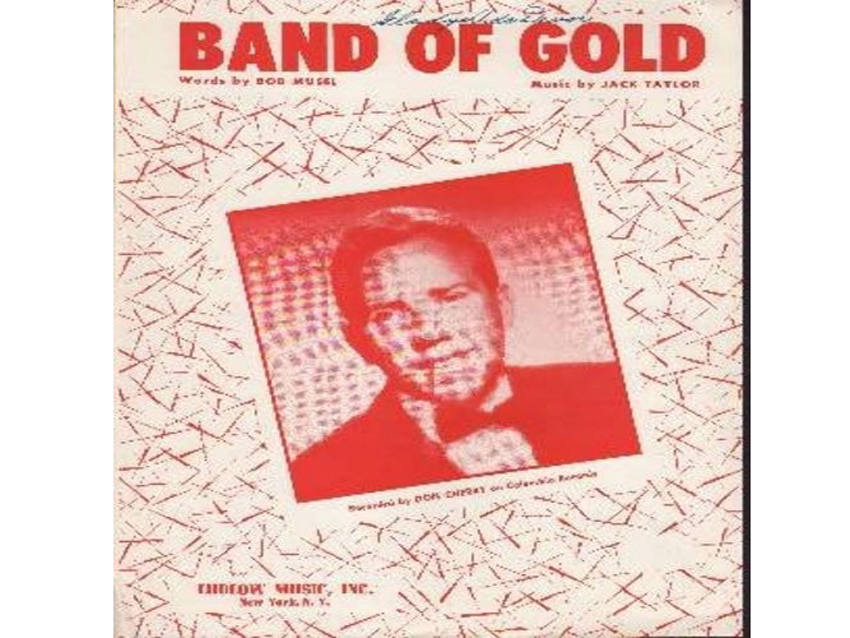
Don Cherry - Band Of Gold (1955)
“I think this is another one of the records that my mother must have bought – I heard it at home, so she must have. What’s important about this song is that it’s the first piece of music that I connected to girls and romance.
“I must have been around 10 years old, and so that’s the right age where you start noticing girls – at least it was for me. So whenever I hear it, I remember that time in my life. It’s a great song on its own, but what it represents for me, an important period in my life, is pretty special.”
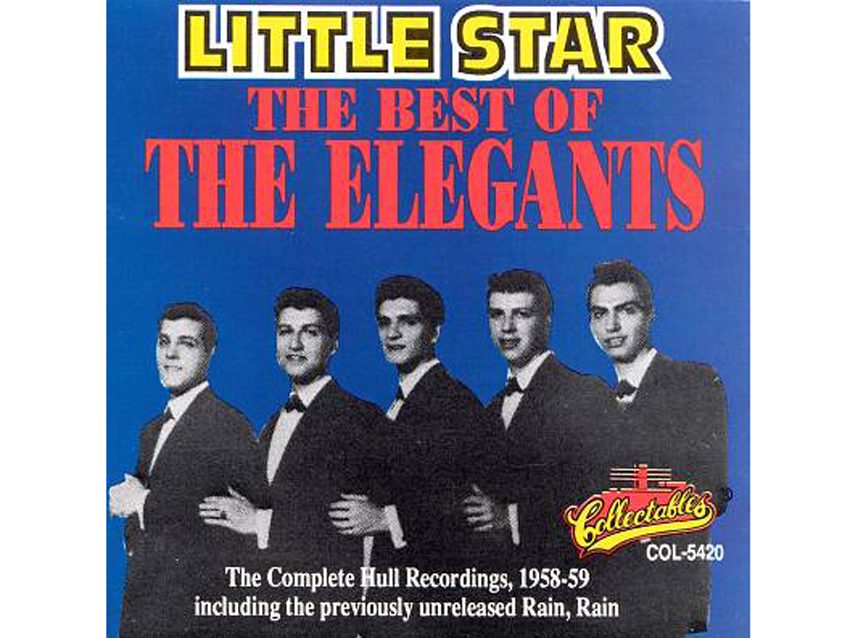
The Elegants - Little Star (1958)
“This might have been one of the first records that I ever bought, and it was another one that fed into my initial exposure to girls during my teenage years.
“It was a doo-wop song by The Elegants. Such a beautiful record. [Sings] ‘Twinkle-twinkle little star, how I wonder where you are…’ When you hear something like that and you’re beginning to go through puberty, and you realize that there’s girls out there, it just fills your head in a special way.”
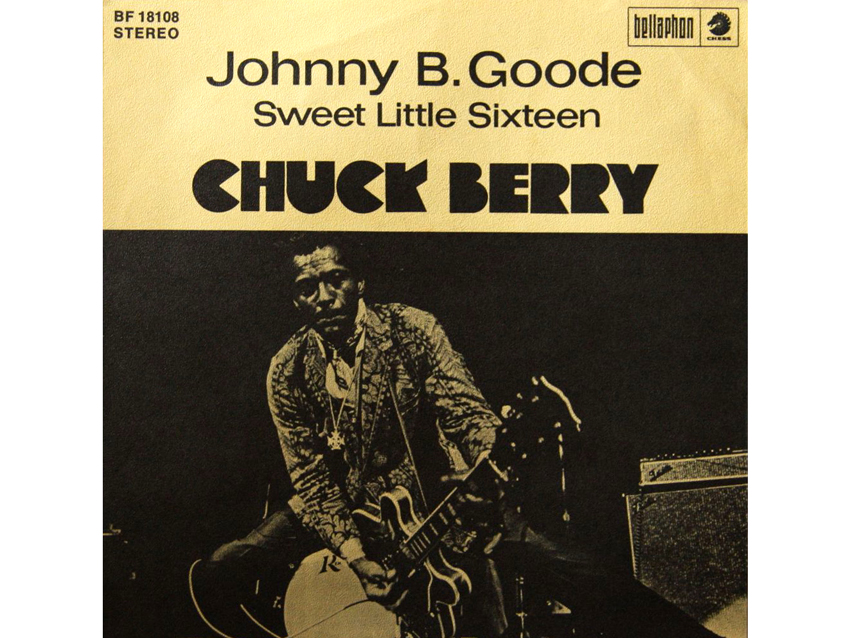
Chuck Berry - Johnny B. Goode (1958)
“Early rock ‘n’ roll hit me big-time. I gravitated toward Little Richard and Chuck Berry – the pioneers of this new sound. Chuck’s Johnny B. Goode had a massive influence on me. It just seemed to capture the whole spirit of what was happening.
“This is the song that I performed for my audition for The Monkees. I was a guitar player at the time, so I went in and played it, and I got the gig. I still do it to this day in my solo set, and I tell the story to explain why I’m playing it.”
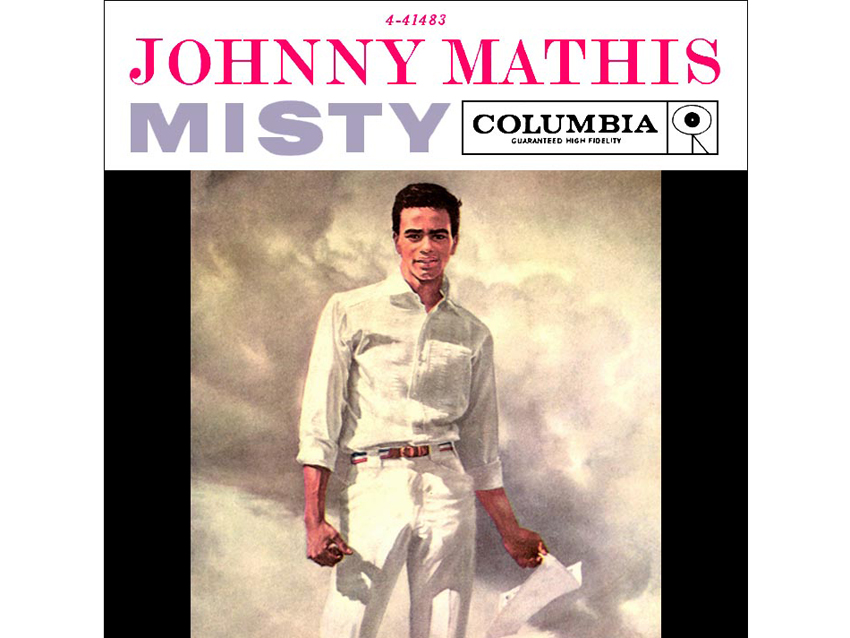
Johnny Mathis - Misty (1959)
“What a great song and just a tremendous performance. This is one of those songs that cast a spell on me. I was a big Johnny Mathis fan – I’d bought albums of his, like so many people – but his version of Misty simply resonated with me like nothing else.
“This was probably around the time that I started to get serious about singing. Hearing one of the greatest vocalists of our time doing what I would call his signature song really made an impression on me.
“I would imagine that anybody now could hear Misty and appreciate its sentiment and be swept away by Mathis’ incredible vocalization. It’s a brilliant piece of work.”
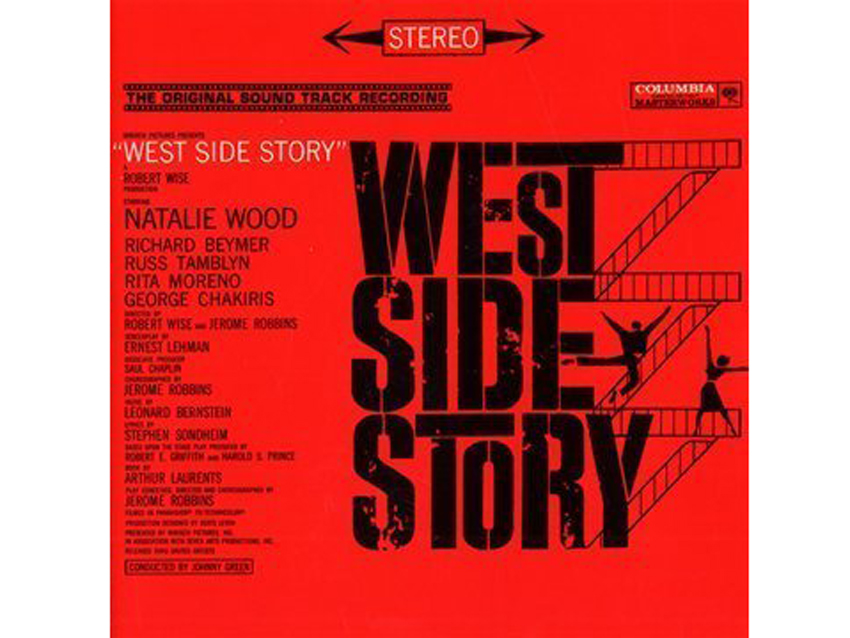
West Side Story (Original Soundtrack) (1961)
“My sister and I got deeply into this album. We saw the movie maybe 20 times, and then we bought the album. I can’t tell you how many times we listened to it – over and over again, both sides. We’d sing along to it and act it out. We had a lot of fun with it.
“West Side Story also stirred my interest in musical theater. It wasn’t until years later than I actually did anything in that regard, but this album certainly planted those seeds in my brain.”
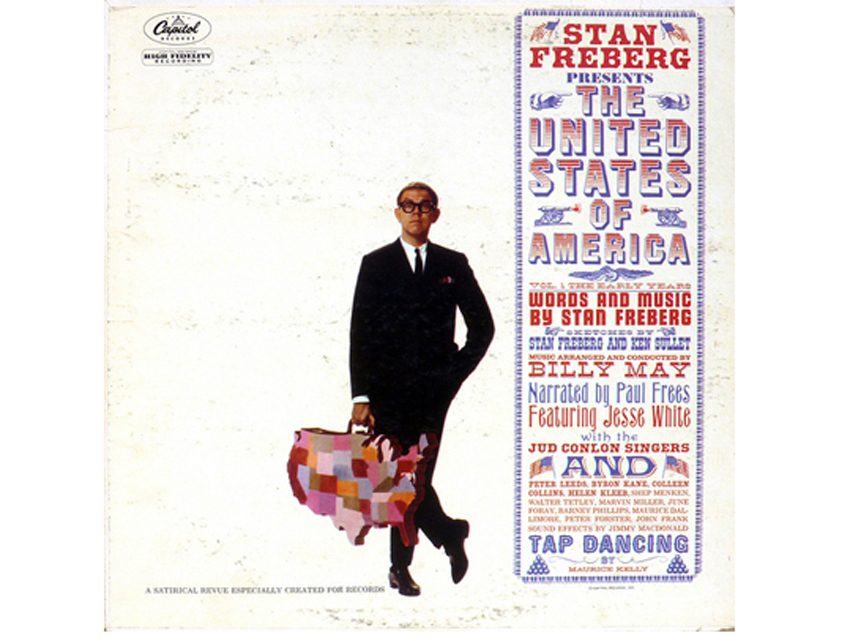
Stan Freberg Presents the United States of America Volume One: The Early Years (1961)
“This is an interesting album. We learned it inside and out. It’s a satirical record done in the style of a musical, so together with West Side Story it played a big part in developing my love for musical theater.
“It’s hysterical – a comedic look at the history of America, with big production numbers, very much like a Broadway show. They would have bits of dialog and then they’d break into song. It starts out with Christopher Columbus discovering America, and then it goes from there. I just loved it. It was a big influence on me as far as comedy. At this point, I began listening to comedy albums.”
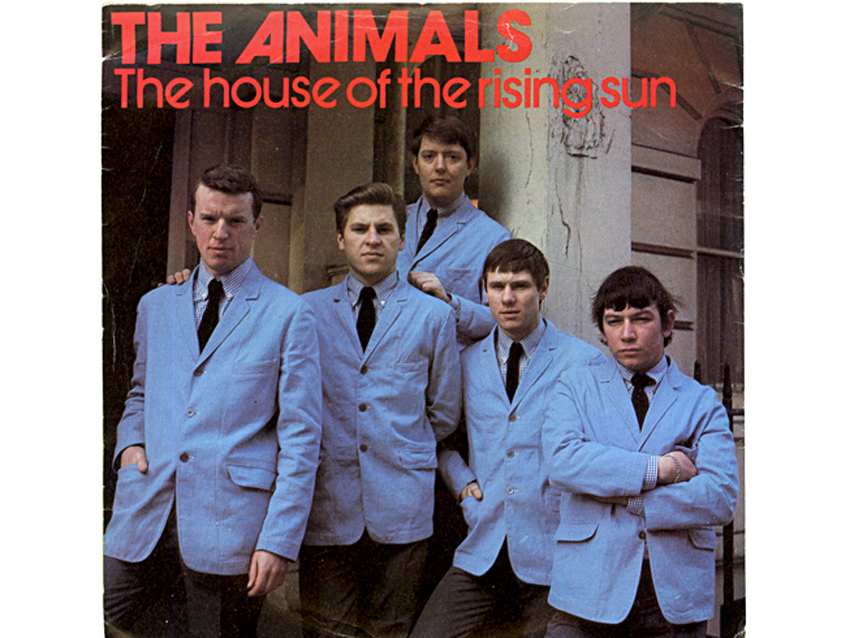
The Animals - House Of The Rising Sun (1964)
“Pre-Monkees, I had other bands and was playing rock ‘n’ roll, doing a bunch of covers. One of my big party pieces was a song that I would sing live – House Of The Rising Sun by Eric Burdon and The Animals.
“It really struck a chord with me the first time I’d heard it, so as a vocalist I would use it in the set to kind of blow people away with. This is the kind of singing and music that I was learning toward pre-Monkees, so it gives you an idea of where I might have gone as a solo artist had I never been cast in the show. I was into rock ‘n’ roll screamin’ kind of stuff.”
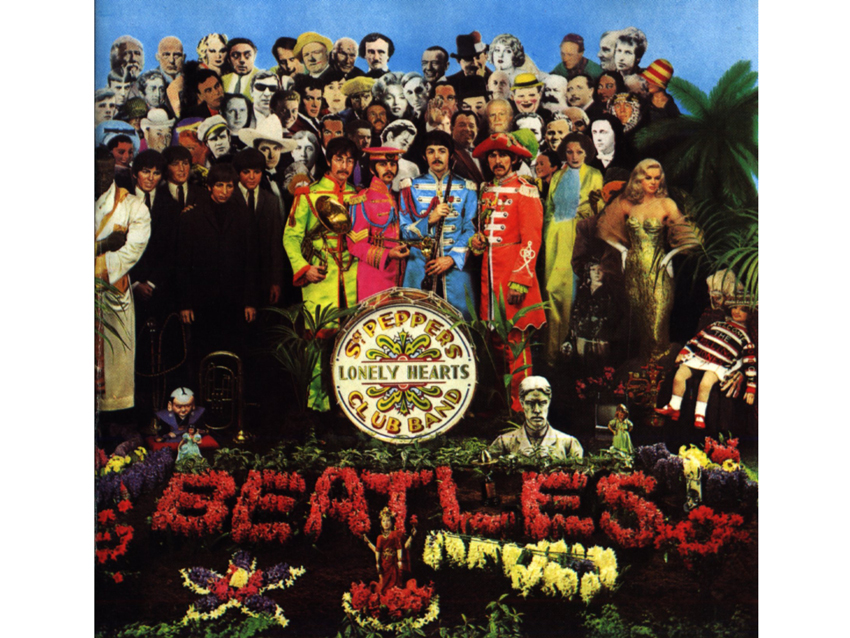
The Beatles - Sgt. Pepper's Lonely Hearts Club Band (1967)
“Certainly a ‘life-changing’ album. I was now an artist myself – I was in the Monkees and was recording and doing the whole thing. Sgt. Pepper just blew me and everybody else away.
“I was actually at one of the sessions when they were tracking Good Morning Good Morning. Talk about an experience that has been burned into my neural pathways. We also got to go sit in when they played that chord at the end of A Day In The Life.
“Something else pretty cool happened: I was able to use Good Morning Good Morning on The Monkees show, which was unheard of – The Beatles never gave anything up at that point. I was directing an episode, and because I had been at that session, invited by Paul, they let me use it. It was unbelievable.
“The effect that Sgt. Pepper had on everybody was enormous, but you know, it was The Beatles – everything they did was earth-changing. I was a huge fan. When I met them, it was all I could do not to ask for an autograph. [Laughs] The Beatles were all very gracious to me, and they got it; they got what The Monkees were all about. John Lennon said, ‘The Monkees, I like ‘em. They’re like The Marx Brothers.’ Which is very true.”
Joe is a freelance journalist who has, over the past few decades, interviewed hundreds of guitarists for Guitar World, Guitar Player, MusicRadar and Classic Rock. He is also a former editor of Guitar World, contributing writer for Guitar Aficionado and VP of A&R for Island Records. He’s an enthusiastic guitarist, but he’s nowhere near the likes of the people he interviews. Surprisingly, his skills are more suited to the drums. If you need a drummer for your Beatles tribute band, look him up.
